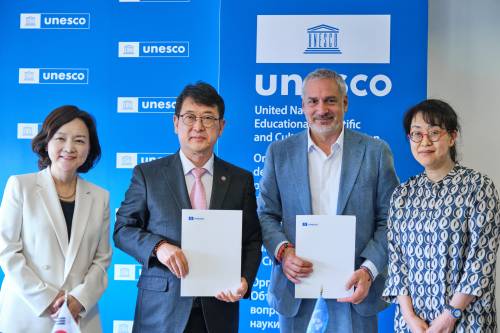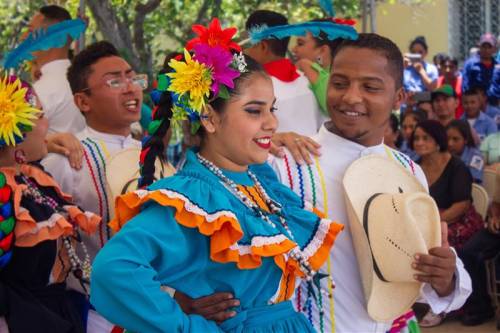UNESCO and the Georgian Heritage Crafts Association are embarking on a pilot activity to inventory living heritage in Old Tbilisi, Georgia. The project will use the community-based inventorying methodology developed by UNESCO to identify and document traditional crafts, performing arts, festivals and other ICH-related income-generating activities in close cooperation with Old Tbilisi’s bearers and practitioners.
Organizing awareness-raising activities in close cooperation with the local communities, experts, students, decision-makers and the wider public, the activity aims to sensitize key stakeholders on intangible cultural heritage (ICH) safeguarding and its potential contribution to sustainable development. The activity will also shed light on how the urban context is shaping local ICH and determine the specificities of ICH inventorying and safeguarding in these areas. A series of preliminary recommendations for practitioners and policy-makers on safeguarding ICH related to income-generating activities will be proposed at the end of the experience.
Launched with a virtual kick-off meeting on 25 November 2020, the activity in Tbilisi, Georgia joins successful pilots in George Town, Malaysia, Harare, Zimbabwe, Kingston, Jamaica and Ayacucho, Peru, which have participated in the project Community based inventorying of intangible cultural heritage in urban contexts, carried out as part of the initiative ‘Intangible Heritage and Creativity for Sustainable Cities’, generously supported by Yong Xin Hua Yun, China.
Project:
-
Community-based inventorying of intangible heritage in urban areas (1 January 2018 – 1 December 2021)




